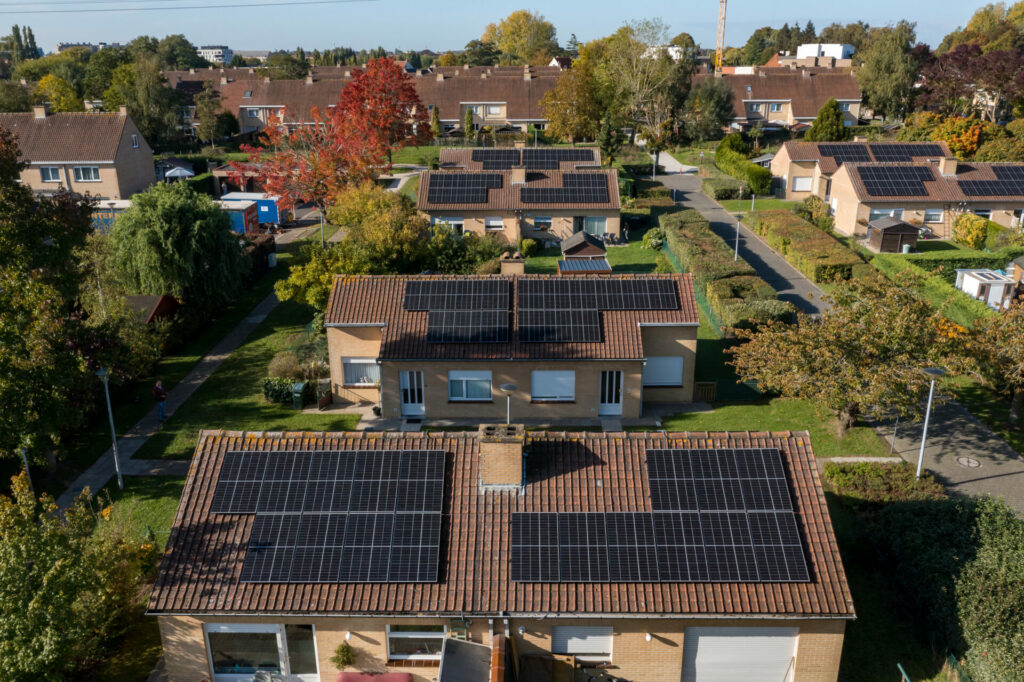When the sun is out, one would expect those with solar panels to rejoice. However, a recent report reveals that bright days can often see solar systems stop working.
This is due to an overload of people all trying to be powered by the sun, which leads their local electricity network to not cope, Le Soir reports. Essentially, the network is designed to distribute electricity, not absorb it, which leads to a ‘stall’ with the inverter that transforms direct current into alternating current.
This stall, which temporarily prevents the injection of electricity from renewable sources into the grid, not only affects the energy supply to a house but can have an effect on the consumer’s finances. By being deprived of the energy they thought they were generating, they must now buy the electricity they need.
"For some, who only discover that they have been victims of these dropouts after receiving their bill, it’s a bit of a shock," Rémi Thirion, vice president of the non-profit Beprosumer, told Le Soir. "This explains why many are particularly unhappy.”
Related News
- Brussels brightens up: 150% rise in solar power since 2018
- 'The cleanest-ever electricity': Global electricity from wind and solar at all-time high
- Renewable energy will cover a large share of electricity demand growth, IEA forecasts
How many people are affected by outages caused by an overload of the network is hard to quantify. Even if DSOs (distribution system operators) have a register of installations, which must be registered, they are currently unable to detect those that stall. The problem is therefore only known if the prosumer has noticed it and has reported the information.
At Beprosumer, which invites its members to report the information, it is believed that dropouts are much more widespread. "For a prosumer who reports a problem, there are probably five others who are impacted in the same neighbourhood," said Rémi Thirion. "
The chaos will only increase, as the number of installations increases steadily. Even if the damage will be less significant for installations put in place from 2024, which will no longer benefit from the compensation mechanism, their owners will still be forced to buy the electricity they thought they would produce.”
A solution must then be found because given Belgium's long-term objective of promoting photovoltaic production as part of the country’s climate transition. Especially if, as is predicted, electricity consumption should increase, whether for heating or the supply of electric cars, in particular.

